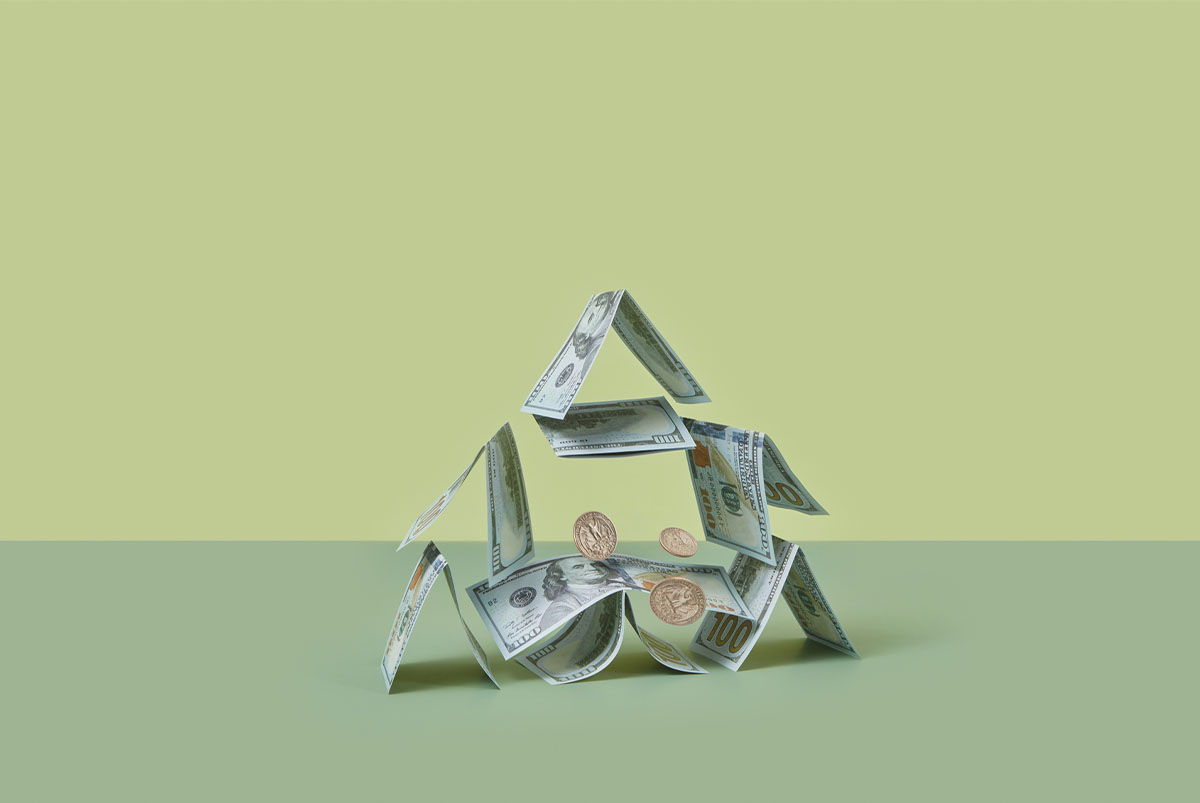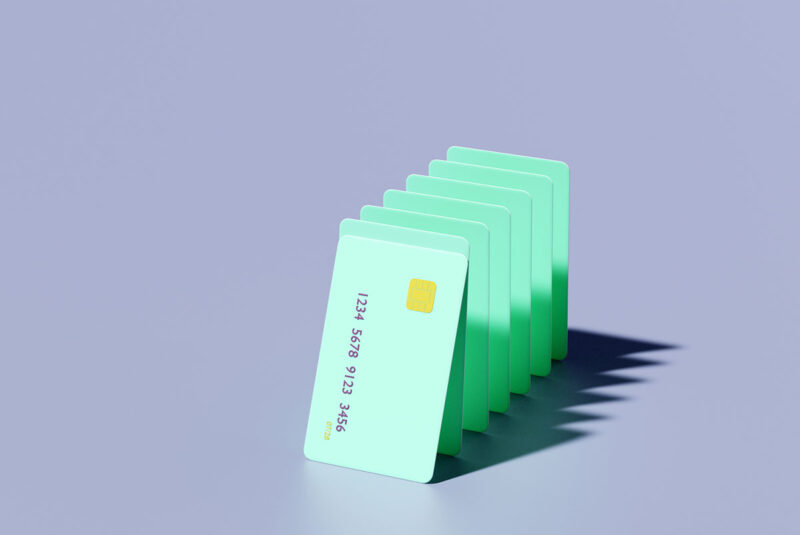Ready To Buy a Home?
Get Approved to Buy a Home
Rocket Mortgage® lets you get to house hunting sooner.
When it comes to down payments – size can matter.
The size of your down payment can impact many aspects of your home buying journey: the loans you’re eligible for, your interest rate, your monthly mortgage payments, your closing costs and how much you’ll need to pay upfront at closing.
But does the size of your down payment matter to a seller?
How much your down payment matters to a seller can range from “not a bit” to “it’s why we took the offer.” Knowing the difference can give you an edge as a home buyer, helping you decide how much to put down on a home.
So when does the size of your down payment matter to the seller? Let’s take a closer look!
How Much Is a Typical Down Payment?
You have likely heard that it’s typical and that you’re expected to make a 20% down payment for a conventional mortgage loan. If you put down anything less than 20%, you’ll need to pay private mortgage insurance (PMI).
With government-backed loans, like Federal Housing Administration (FHA) loans, the minimum down payment can be as low as 3.5% for first-time home buyers. Department of Veterans Affairs (VA) loans (which are for eligible veterans, military and spouses) and U.S. Department of Agriculture (USDA) loans (which are for home purchases in rural areas) offer 0% down payments.
But the seller will probably be less interested in the minimum amount you can put down to qualify for a loan and more interested in the amount you are willing to put down to buy their home.
Based on data gathered by the National Association of REALTORS®,[1] let’s consider the average down payment buyers make regardless of loan type:
- Since 2018, the average down payment for first-time home buyers has ranged between 6% and 7% of a home’s purchase price.
- For repeat home buyers, the average down payment has increased to 17% in recent years.
These are broad averages, but they should give you a general idea of the size of down payments other home buyers are making – and how your down payment might compare.
Now that we know some general trends regarding down payments, let’s figure out when the size of your down payment does – and doesn’t – matter to sellers.
Why Do Sellers Care About Your Down Payment?
The size of your down payment can signal the likelihood and timeliness of a home sale.
Assumptions and perception
For some sellers, especially those who aren’t schooled in all the new loan products that allow you to make low- or no-money-down payments, a smaller down payment might carry an unfair stigma. A seller might question your financial readiness to purchase their home and be approved for a loan if your offer includes a low down payment.
A seller will likely gravitate toward the offer with a larger down payment because they believe there’s less chance a defect or repair will crop up during the appraisal or inspection that will wreck the deal. A seller might be under the mistaken impression that your smaller down payment is a sign that your cash reserves are thin, and you might ask them to shoulder repair costs at the first sign of damage.
A larger down payment can make a big difference if a seller is fielding several similar offers. They may be more inclined to choose the offer with the larger down payment because it seems like the safer bet.
How to Strengthen Your Offer Without Making a Larger Down Payment
Despite the hurdles, a smaller down payment isn’t a deal breaker. Here are a few ways to strengthen your offer without paying more out of pocket.
Get preapproved
Make your offer even more attractive by getting preapproved for a mortgage to show the seller your financing is in order. A preapproval letter is proof your credit history and finances have been reviewed by a lender, and they have agreed to lend you a certain amount of money if your loan is approved.
Increase your earnest money deposit
If you want to show a seller you’re serious about buying their home, make a bigger earnest money deposit. The heftier deposit should increase their confidence in your ability to close on the loan.
Strengthen your credit score
Sellers are big fans of strong credit scores. Strengthen your credit score to make your offer more attractive to a seller. Some sellers may take a higher credit score as a sign that your loan is more likely to close without any hitches.
When Money Down Matters
The size of your down payment may be the key that unlocks the door to homeownership when a seller is juggling multiple offers or the housing market is competitive.
The seller will likely prioritize offer amounts, loan types and desired closing dates over down payment amounts, but in a strong seller’s market, a larger down payment might give you leverage over your competition. In a buyer’s market, the seller may not get many offers and might be motivated to accept what they can get.
Your real estate agent can help you find ways to make your offer more attractive. You can achieve home buying success with a small down payment.
Take the first step toward buying a home.
Get approved. See what you qualify for. Start house hunting.
The Short Version
- How much your down payment matters to a seller can range from “not a bit” to “it’s why we took the offer.” Knowing the difference can give you an edge as a home buyer
- Show a seller you're serious about buying their home by making a bigger earnest money deposit
- The size of your down payment can signal the likelihood and timeliness of a home sale
National Association of REALTORS®. “Tackling Home Financing and Down Payment Misconceptions.” Retrieved August 2022 from https://www.nar.realtor/blogs/economists-outlook/tackling-home-financing-and-down-payment-misconceptions




